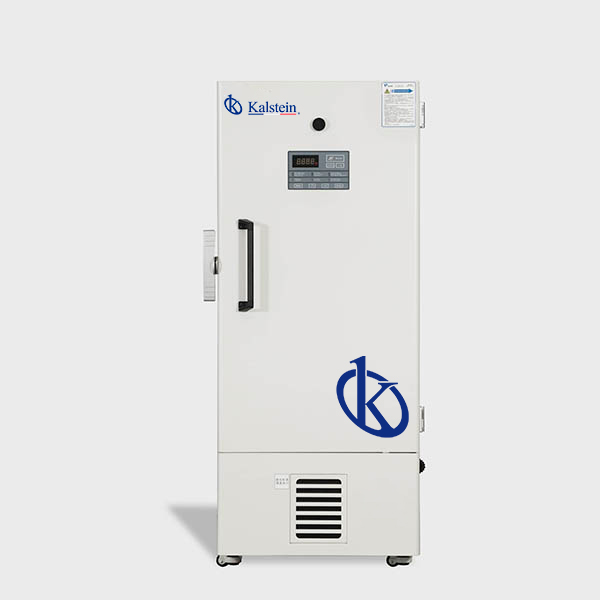Safe storage of vaccines is a crucial component of protecting patients from disease. If vaccines are not stored properly, the patient’s confidence in the vaccine schedule can be lost.
Storing vaccines correctly is an essential part of providing quality patient care. To maintain the effectiveness of the vaccine, the cold chain of the vaccine must be maintained. The vaccine cold chain is a temperature controlled environment used to maintain and distribute vaccines in optimal conditions. It begins with the manufacturer and ends with the site of administration of the vaccine. If the vaccine’s cold chain is not maintained, the vaccine will lose potency and become ineffective.
What are the available equipment for the storage of vaccines?
There are several types of vaccine storage units available. Units specially designed for this purpose are specifically designed to store vaccines.
Use of specially designed or pharmaceutical grade units designed for refrigeration or freezing is recommended. These units can be compact, under the counter style, or large. Specially designed units, sometimes referred to as “pharmaceutical grade”, are specifically designed for the storage of biological substances, including vaccines. These units often have:
- Microprocessor-based temperature control with a digital temperature sensor.
- Fan-forced air circulation with powerful fans or multiple cold air vents that promote a uniform temperature and rapid temperature recovery from an out-of-range temperature.
- To fully ensure vaccine safety, your kit should include a recommended unit with enough space to accommodate your maximum inventory without crowding.
What are the temperature ranges in which this equipment should operate?
Refrigerators must maintain temperatures between 2 ° C and 8 ° C. Freezers must maintain temperatures between -80 ° C and -15 ° C. The thermostats in the refrigerator or freezer should be set to the factory set temperature or midpoint, which will decrease the likelihood of temperature excursions. The only way to know the temperature where the vaccines are stored is to measure and monitor it with a temperature monitoring device.
What should you keep in mind?
If vaccines are exposed to the wrong climatic conditions, they can lose their stability and efficacy, causing fatal consequences. For this reason, all important air conditioning parameters must be monitored to meet high quality standards. In this sense, it is extremely important to comply with and document the defined constant temperatures of the delicate vaccines as well as a continuous cold chain throughout the entire product cycle.
Whether in vaccination centers, nursing homes or medical offices. In relation to vaccination, continuous supervision of adequate storage and ideal refrigeration must be ensured until administration of the vaccine to people. Particularly sensitive vaccines even require continuous refrigeration down to -80 ° C, such as the Covid 19 vaccine. Failure to comply with the minimum temperature limit value can harm vaccines.
At Kalstein, we have designed and manufactured reliable refrigerators and freezers of the highest quality. For more information we invite you to take a look at the HERE

